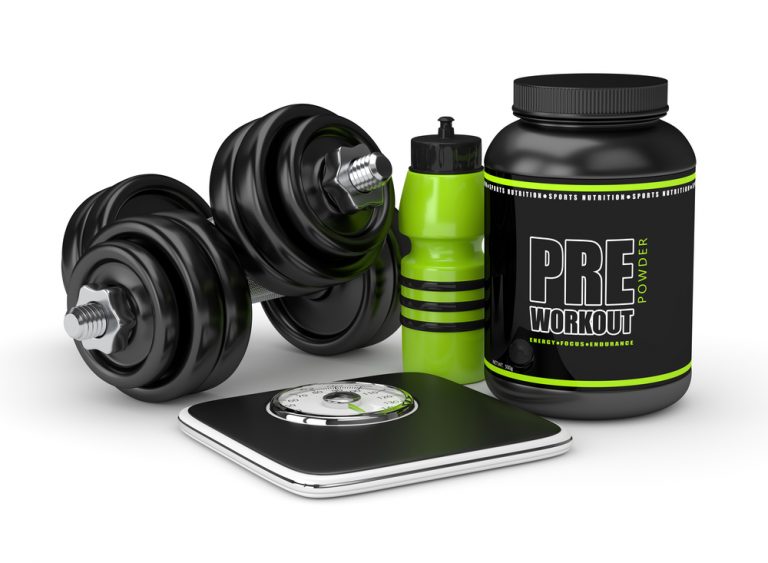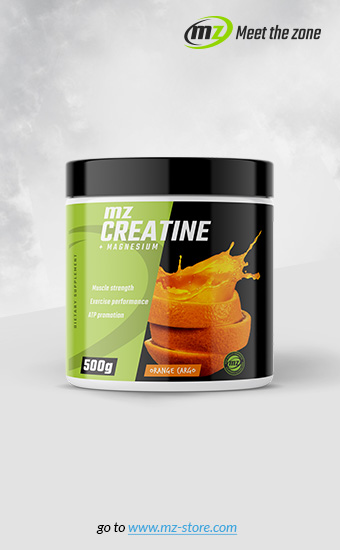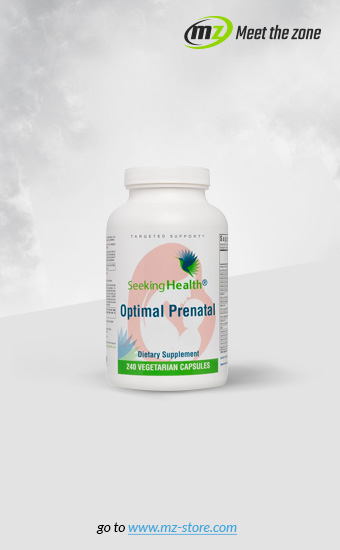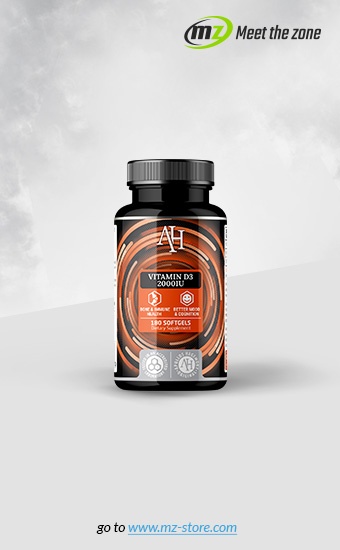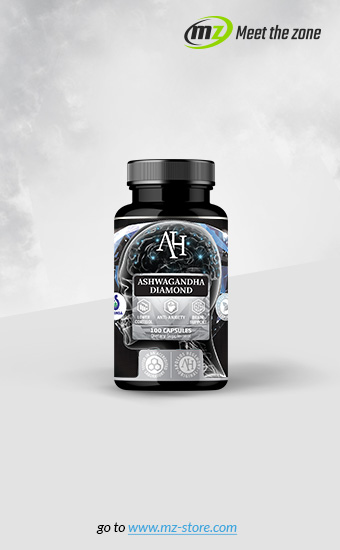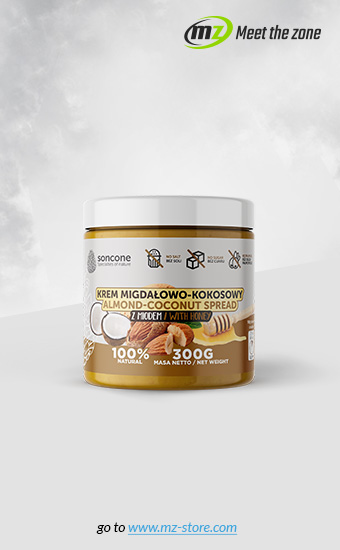Pre-workout supplements are one of the most frequently purchased by athletes. Often the divine qualities of maximizing exercise capacity are often attributed to them. Often, it happens to such bizarre situations that sports enthusiasts say that the training taken without a specific kick in front of him was not good enough / the athlete did not show what he can do. Is it really like this? Is it worth assigning magical power to pre-workout?
Pre-workouts in clinical studies
At the beginning of this year, the publication of interesting work took place in Nutrients. American researchers undertook the analysis of 100 most-bought pre-workout supplements in the United States. They observed that the average amount of active ingredients exceeded 18 positions and the average of 8 (constituting 44.3% of ingredients!) among them were hidden under a proprietary blend.
The most common ingredients found in the analyzed supplements are:
- Beta-alanine (87 products analyzed)
- Caffeine (86%)
- Citrulline (71%)
- Tyrosine (63%)
- Taurine (51%)
- Creatine (49%) (personally, such a small share of creatine in pre-workouts surprised me!)
Too small or even unknown doses of substances
The procedure of hiding concrete amount (whether for a portion or 100g) of specific active ingredients is very worrying. From
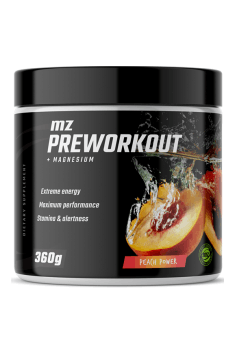
experience, you certainly know that very often in a proprietary blend there is a filler (in the form of an energetically determined matrix or similar) - maltodextrin, glucose, fructose or other forms of sugars. While carbohydrate role can not be denied, because they are a source of quickly available energy, it is not the primary ingredient which we are looking for in the pre-workout supplement (if the sugars are presented in the composition of the product - their number should be clearly marked!). As I mentioned earlier, the team headed by Jagi documented that approximately half of the ingredients were hidden under proprietary blends. As consumers, we want to know what we pay for - a kilo of carbohydrate nutrient costs a bit more than sugar, while a comprehensive, multi-component pre-workout - can cost a few hundred for half a kilogram!
However, this is not the only weakness - the average beta-alanine content in the analyzed products was lower than the recommended doses (considered to be effective)*, and the caffeine content was adjusted just for an average user with a bodyweight of 70kg (although the optimal dosage of caffeine is still slightly higher than 200mg, so for the majority it should be effective and well-tolerated).
*It is worth noting that beta-alanine is a supplement that should be taken in long-term for benefits, so if its only source would be pre-workout applied only to the training unit - it can not succeed.
Summary
As always we recommend choosing wisely - analyze the composition and follow the rules of the informed consumer. Remember that the muscular guy or dangerous beast on the label is not an indicator that product will make feel like them. It is worth knowing what you expect from the supplement and was aware of whether it is worth the price.
